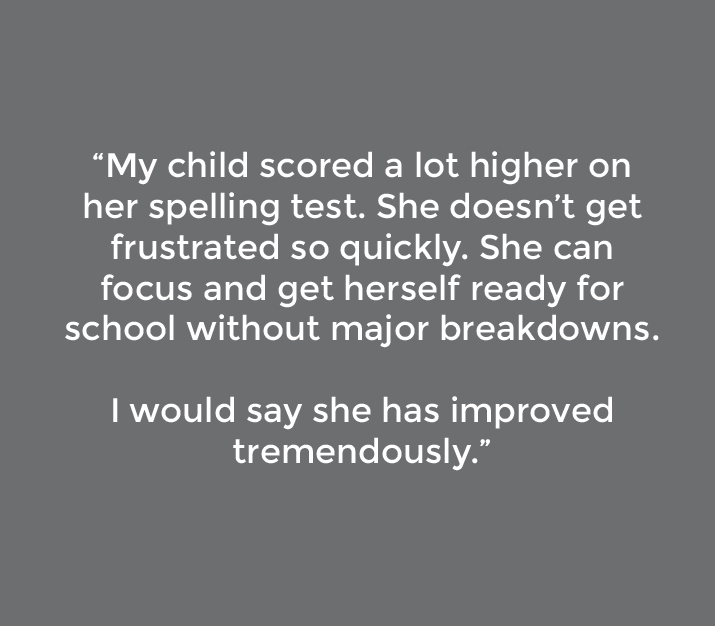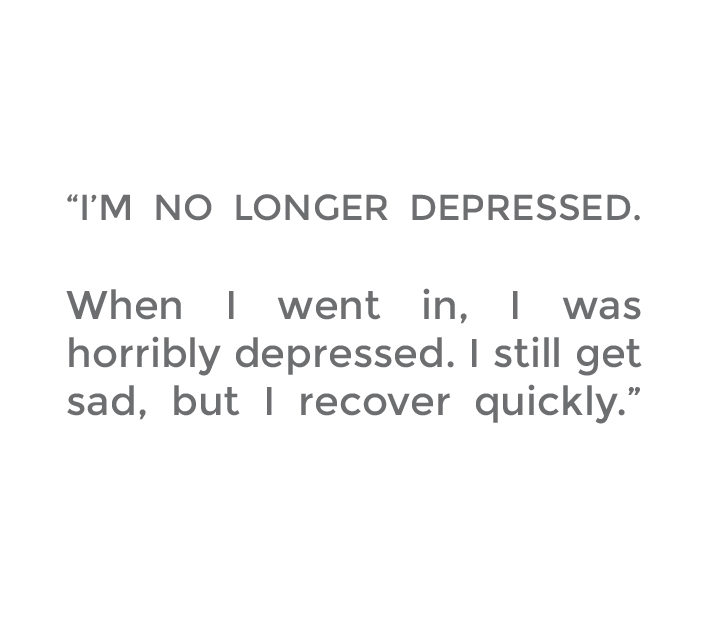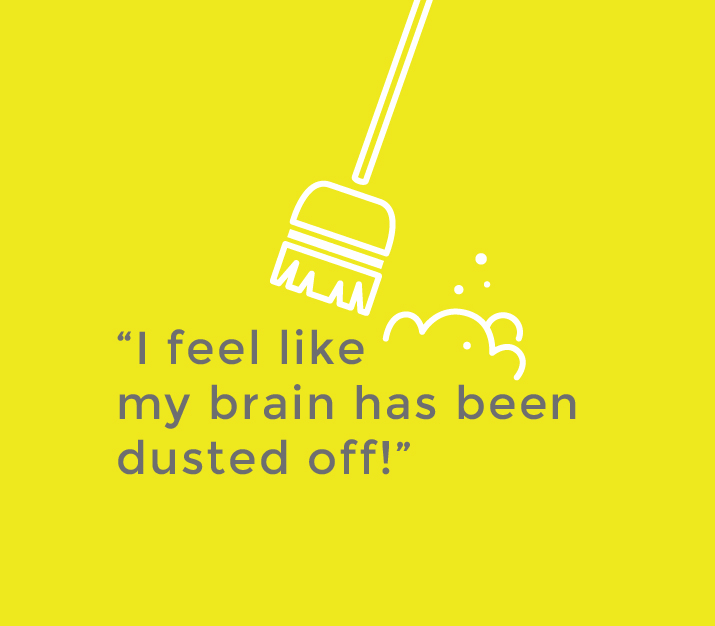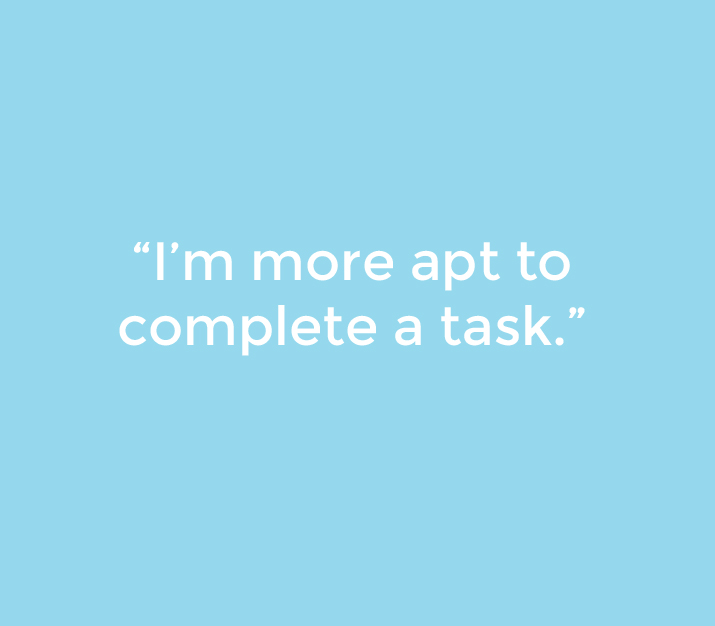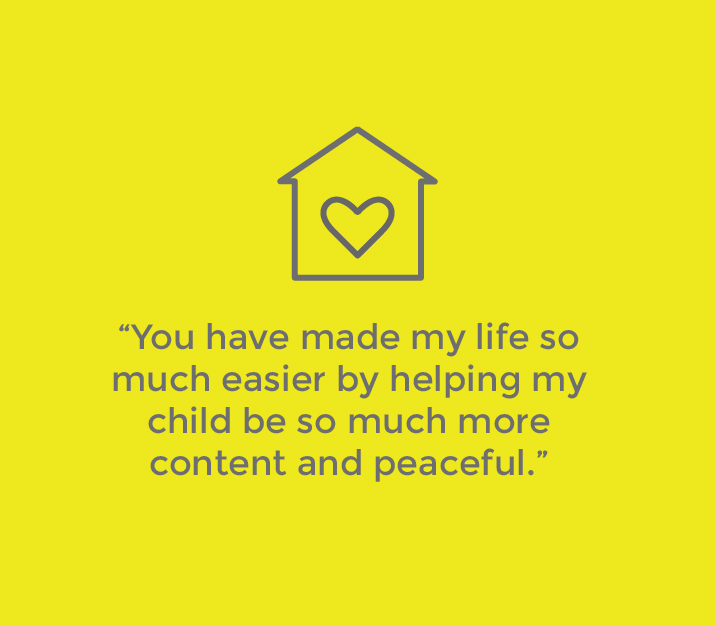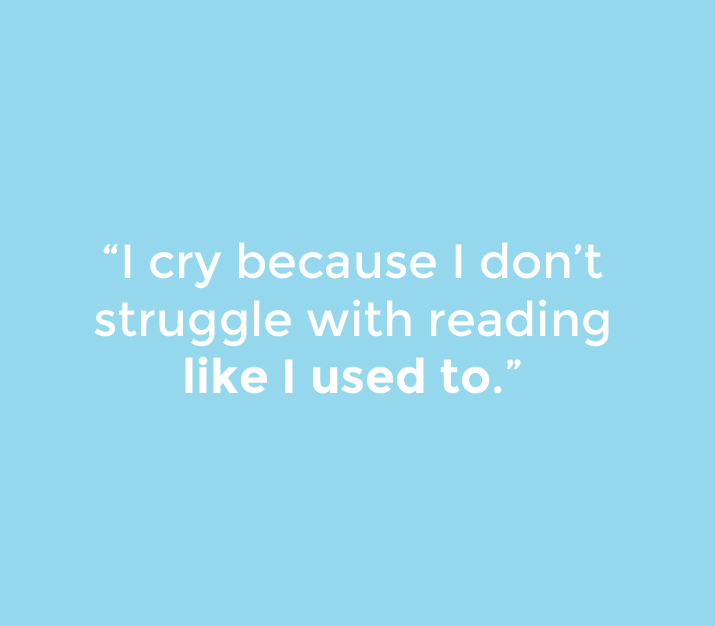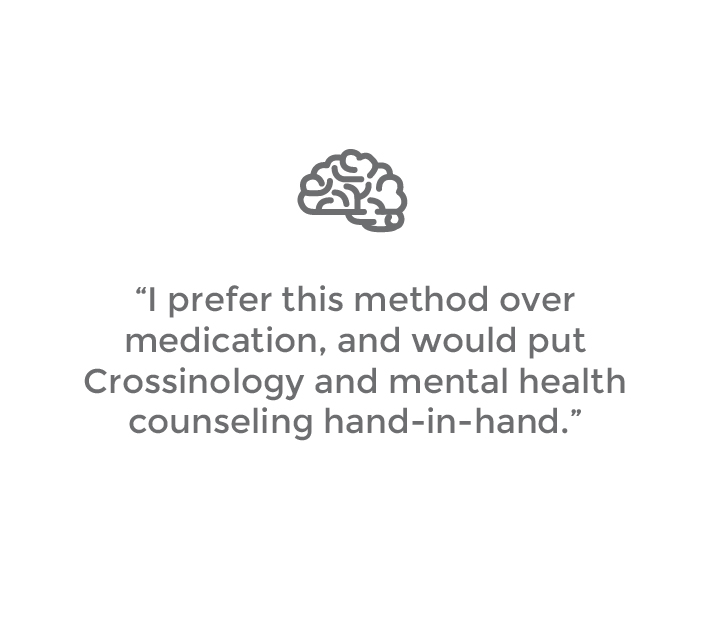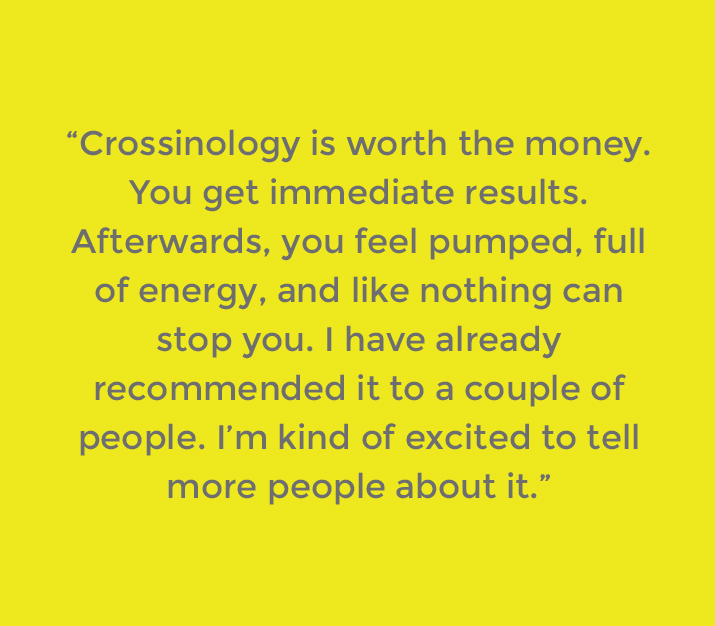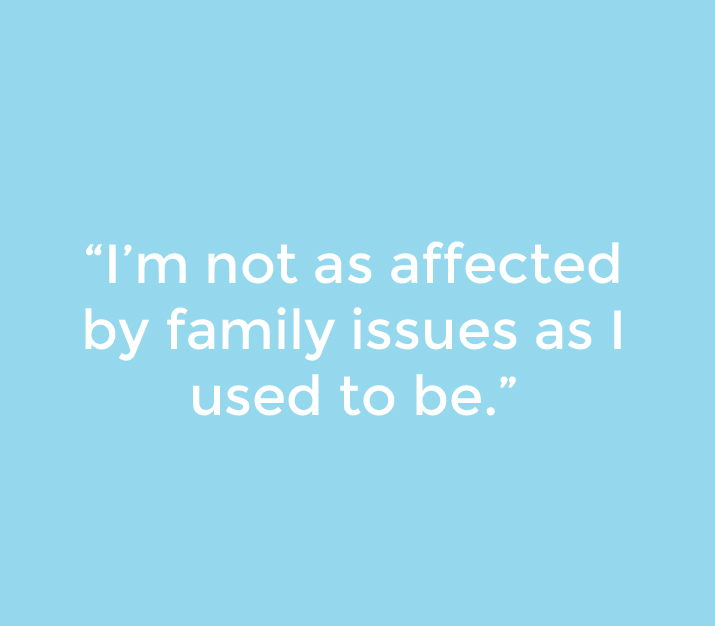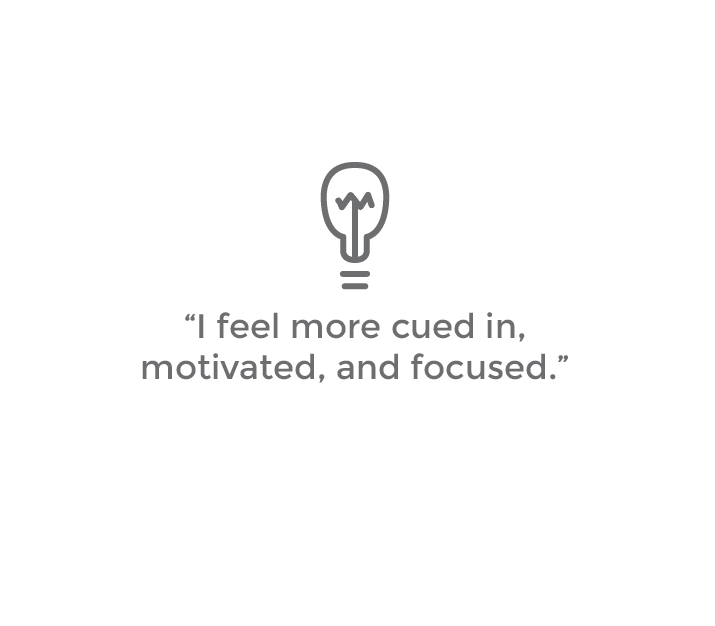What Can an IQ Test Tell Me About How My Child Learns?
/Learning is stressful. If you think back at your time in school, you can probably remember feeling the confusion and frustration that comes along with learning something new. For me, I remember sitting in my fourth grade class trying to understand long division, but it just wouldn’t click. My classmates around me were getting the concept, but I was coming up empty.
The teacher told us that everyone needed to finish their division assignment before going to recess. I had no idea what to do, so I left for recess without finishing the work. When I returned, the teacher was upset with me and sent me to the principal’s office to be disciplined.
For the remaining six hours of that day, I was forced to sit in a small, white room with no windows that was completely quiet except for the incessant buzzing of the fluorescent lights above. I can still remember staring for hours at the iron color and threaded texture of the carpet, and the dark brown rubber coving that bordered the bottom of the wall.
While my classmates watched “The Mouse and the Motorcycle,” I sat at a desk and stared blankly at my long division assignment. A random teacher would come in periodically and tell me to do my work - my lunch was brought to me. I felt like I was a prisoner.
Fifteen minutes before school ended, another teacher, Mrs. Watson, came into the room and sat down next to me. It took about three minutes of her listening to me and then for her to give me an explanation of division in a way I understood - and then it clicked. I breezed through my assignment and finished it just in time to catch the bus home.
Pleasure and Punishment
Learning is not passive - it requires us to actively engage in what we are doing and to store that information sufficiently for us to recall it at a later time. If we are successful at this, we are rewarded with a sense of achievement, praise from others, and other perks. But if we don’t learn, then punishment is received in abundance. Our self-image decreases, and we are judged and disciplined by others.
If a child is repeatedly subjected to punishment, he/she will shut down. School becomes something to dread, and negative feelings are associated with the school, teacher, subject, classmates, or even the smell of a pink eraser. On some things, the child will just give up.
What Does Your Brain Need to Learn?
Learning ability, reasoning ability, intelligence, IQ - there are many names for it, but it basically comes down to the five R’s: how children are able to reap, reason, retain, and reciprocate the information around them, and how rapidly this can be done. Psychologists use testing instruments to measure these areas, most commonly the Wechsler Adult Intelligence Scale (WAIS) for adults and the Wechsler Intelligence Scale for Children (WISC) which assess the following areas:
Verbal Comprehension
Simply put, this is a person’s ability to understand and process what other people are saying. Think back to the last time that you tried to have a conversation with someone who did not speak the same language as you. You probably felt the stress of trying to understand that person or to be understood, but ultimately being unable to get the message across. Many issues with verbal comprehension stem from brain malfunction in four specific areas, as described here.
Perceptual Reasoning
As humans, we perceive the world around us with our senses. Perceptual reasoning measures how we process what we see, hear, touch, feel, and taste, but focuses mostly on visual perception. Think of the skill needed to complete a jigsaw puzzle or to visualize a three dimensional house from reading a blueprint.
Working Memory
P. Sherman 42 Wallaby Way - chances are you know exactly what I’m talking about. Working memory deals with information that is short-term that you need to have available at the moment. With enough repetition, this information can be stored into long-term memory.
Memory is essential to any type of learning. If a child can’t retain what is being taught, there is no way to build on that knowledge. The average adult can remember seven sequential numbers, such as a phone number. Individuals who have deficits in memory can only retain a few numbers or often transpose them.
Processing Speed
Going back to my river analogy I vlogged about here, a river can run smooth and fast as long as there are no obstructions in it. Add a few boulders or trees, and the flow slows down and diverts another direction. The water takes longer to arrive at its destination and some water is lost as it soaks into the ground.
This is similar to how our brains work. If a neural pathway isn’t working properly, then it congests the flow of information, resulting in information loss and increased processing time. The faster a child is able to process information, the more effective he/she will be at learning.
After grading the intelligence test, the psychologist assigns an overall IQ score based on performance in all of the areas above. One warning I give is not to take an IQ score at face value. When I worked as a vocational evaluator and counselor, I often saw a significant difference in the results of each category above. A child might have done average in working memory, but performed poorly in spatial reasoning.
The 80-step Crossinology Brain Integration Technique addresses all areas I discussed above to improve your child’s ability to learn and to start enjoying school. Once the brain malfunctions causing difficulty in these areas are corrected, it helps to remove the negative emotions associated with school and learning. Let’s talk more about it by clicking here.









